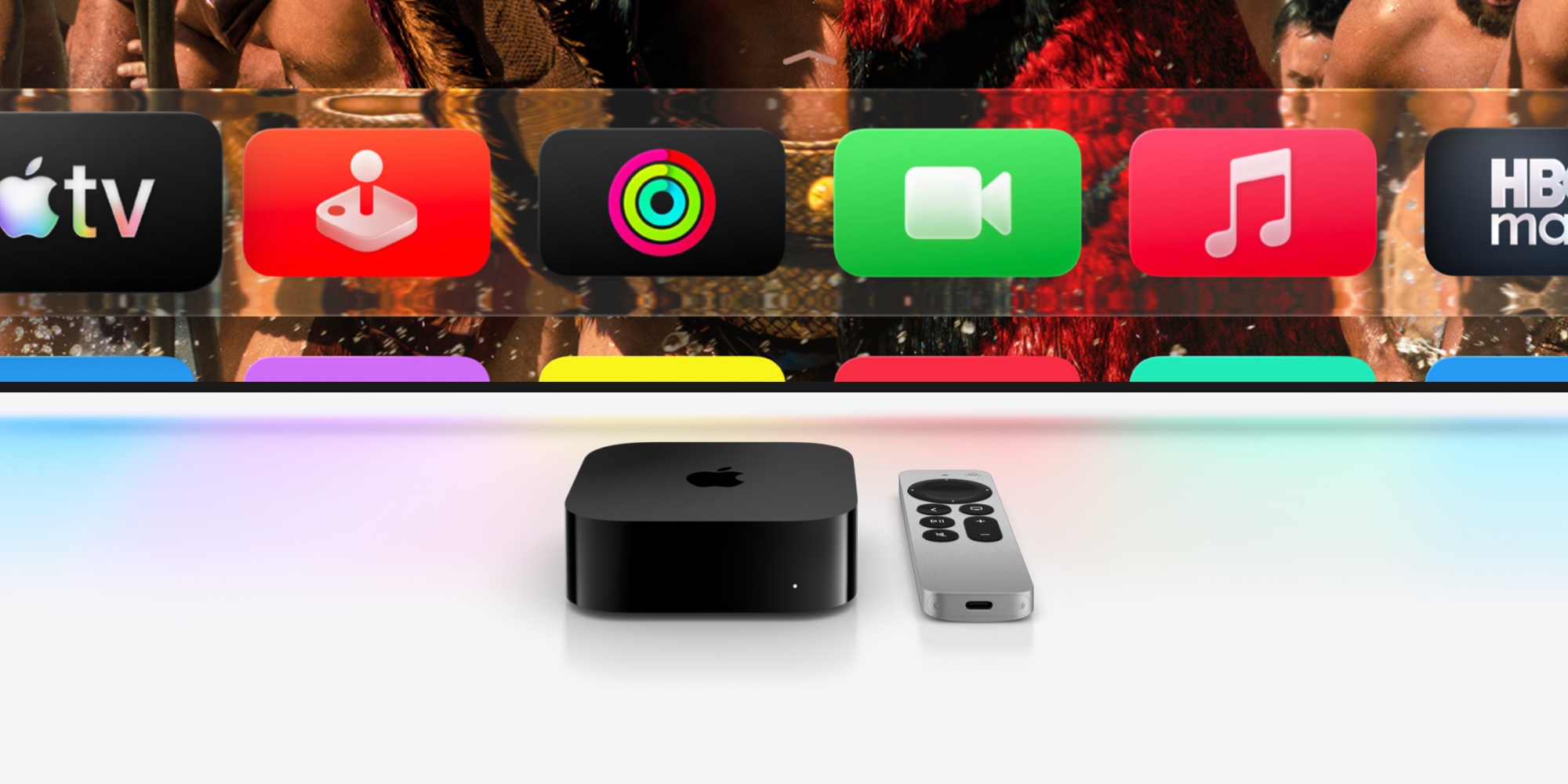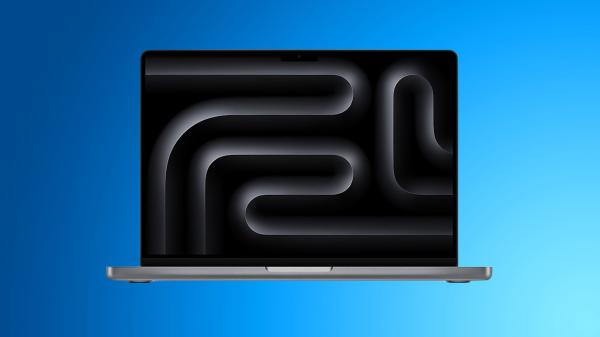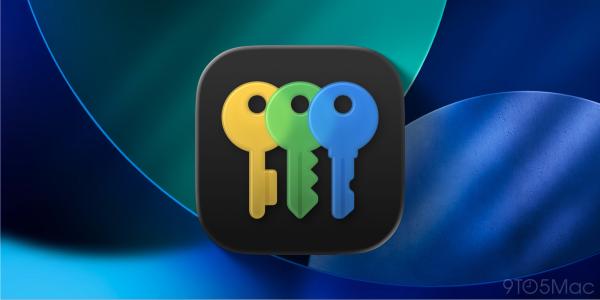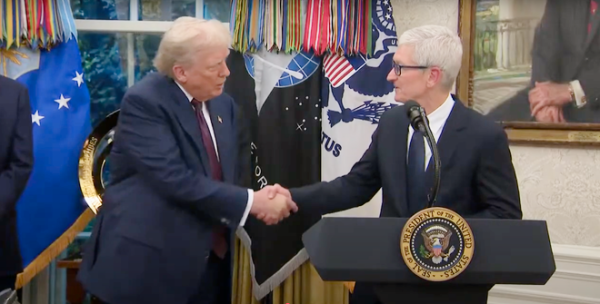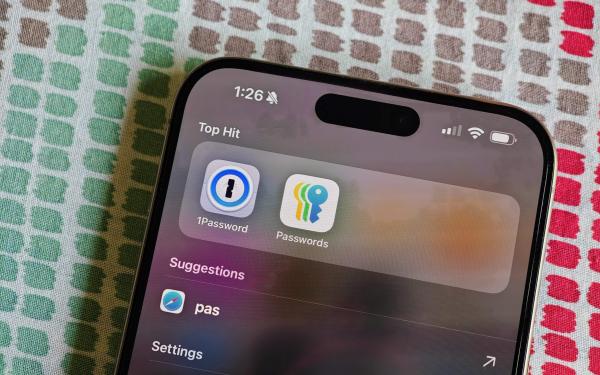You might have heard a lot about a mythical ‘gadget ban' on flights from and to certain countries. Information has been swirling for months now, but most people aren't entirely clear as to what it actually means for their travels, and whether it affects them at all. We did the research for you; below you will find the most up-to-date information regarding the gadget ban on UK/US flights.
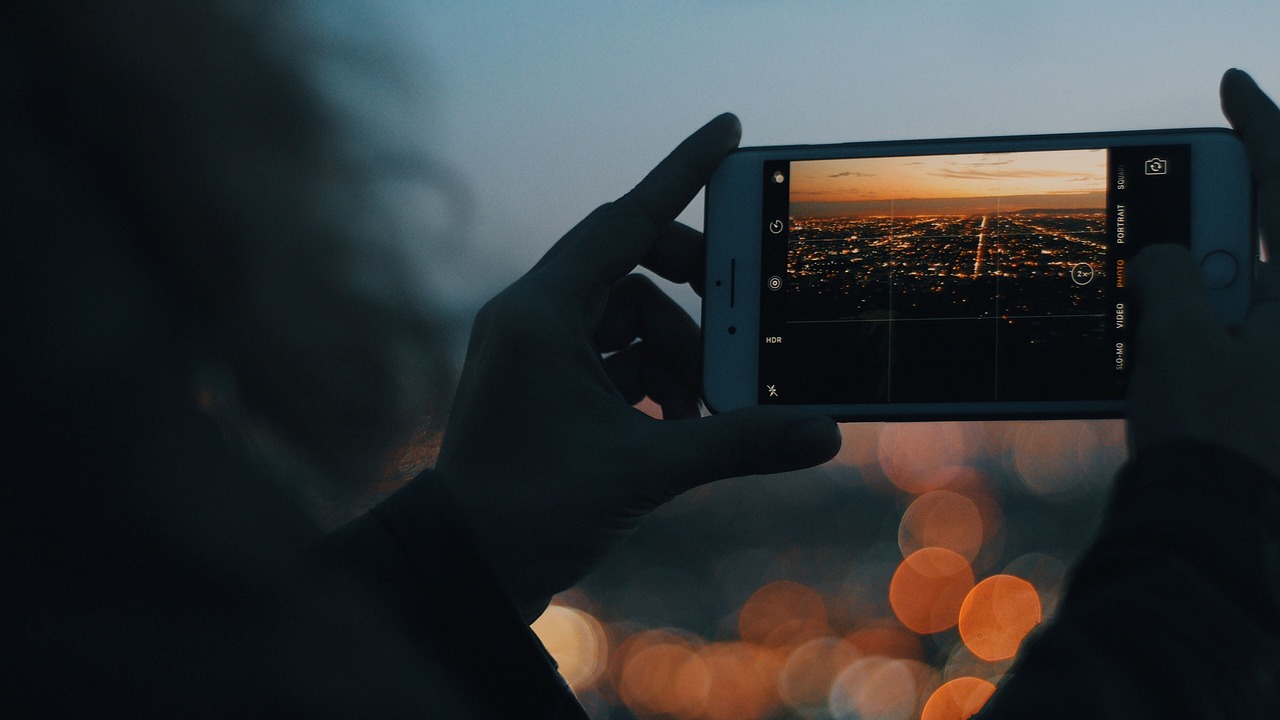
What is the Gadget Ban?
The gadget ban is a law that prohibits certain devices being brought into the cabin of the plane – such gadgets can still be carried on the plane but they must now be checked into the hold, away from the passengers. Previously, such devices could be carried in hand luggage and the only stipulation was that they should be charged so that border officials could ask for them to be switched on to verify that they were genuine working models rather than disguised explosive devices.
What Devices Are Affected?
Any device larger than 16 centimetres by 9.3 centimetres and/ or 1.5 centimetres (6.3 by 3.6 by 0.6 inches) deep is now prohibited from the cabin. This includes all laptops, e-readers, tablets and even some of the larger 'phablet' smartphones. Normal smartphones should be fine to keep in hand luggage, but do measure the phone carefully and be certain before sending your luggage through to the hold! Portal gaming devices are mostly still allowed in hand luggage, but some consoles are larger, such as the new Nintendo Switch, and will fall into the forbidden category. Some cameras may be affected, so either check when you book your flight, or play safe and pack your camera into your hold luggage.
Which Countries and Airlines Are Affected?
Initially, when the ban was put into place, the US had bans on flights from: Cairo, Doha in Qatar, Istanbul, Kuwait City, Amman in Jordan, Casablanca in Morocco, Abu Dhabi and Dubai in the UAE (United Arab Emirates), Jeddah and Riyadh in Saudi Arabia, while the UK banned inbound gadgets on flights from Turkey, Egypt, Tunisia, Saudi Arabia, Lebanon and Jordan. Connecting flights that have some connection with these countries may (probably will) be affected, so if in any doubt, assume that the ban will apply to you. The ban was implemented in March 2017, and the US has since lifted the ban on flights from the ten above airports as each establishment implemented and enforced more stringent security protocols. The UK bans are all still in place at present.
Many airlines are cooperating with enforcing the gadget ban, and flights to the relevant countries on the following international airlines will be affected: Pegasus Airways, Atlas-Global Airlines, Middle-East Airlines, Turkish Airlines, Egypt Air, Tunis Air, Saudia and Royal Jordanian. Domestic UK airlines that are compliant include Jet 2, EasyJet, Thomson, Thomas Cook, Monarch and British Airways.
Will Brexit Affect the UK Ban?
It is unclear how Brexit will affect the ban, and is likely to remain so until the 'divorce agreement' is finalised. However, a 'hard' Brexit is potentially likely to result in greater enforcement and widening of the ban to include other countries and airlines. A 'softer' Brexit divorce, which still allows some free movement will mean that rules will be less strict, although security measures are sure to remain in place, and these will respond to terror threats and attacks as required.
Why Should I Comply?
It is unclear what happens to devices that are banned from flights, but once your hold luggage has gone off to be loaded onto the plane, your options will be extremely limited. At worst, your device may need to be left behind, or it could be confiscated and destroyed – at best you may have to pay postage to send the device home in the hold of a different plane. These rules may seem annoying and intrusive, but they have been implemented to protect you and the other passengers: it is surely worth a little trouble to enjoy greater peace of mind?






